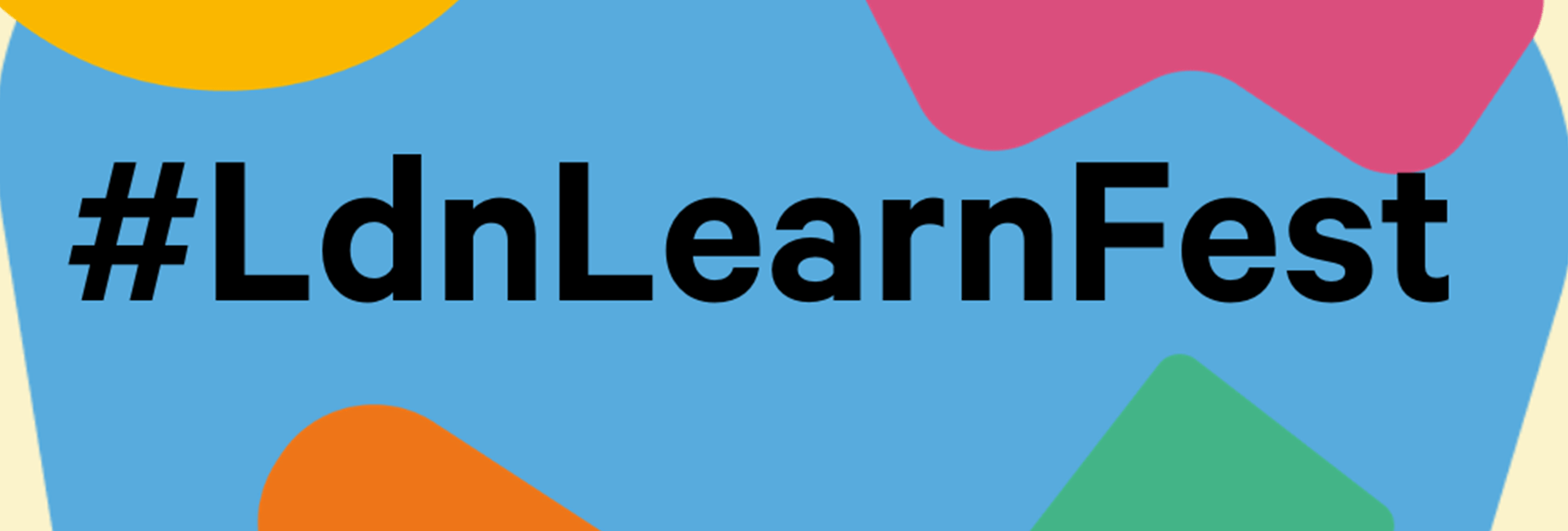On 13 May 2021, the Berkeley Foundation brought together a panel of experts from charities SPEAR, New Horizon Youth Centre and Toynbee Hall to explore the civil society response to rising youth homelessness during the pandemic and the future of youth homelessness prevention. Worryingly, the pandemic has led to a spike in young people sleeping rough, with 11% of all rough sleepers in London since the start of lockdown aged under 25.
The session opened with Kas, a young person supported by SPEAR, sharing her lived experience of the past year, how she found herself homeless and how she had met the challenges put before her. She highlighted some of the difficulties young people face when navigating the housing and benefits system, and also spoke about the support she found at SPEAR and the friendships formed in the hostel.
For organisations like SPEAR and New Horizon Youth Centre, the increase in young people needing support has required an unprecedented response. The focus has been on creating flexible services that can respond to young people's emerging needs.
For example, the demand for emergency mental health provision has soared, but long waiting lists for statutory services means that the gap is currently being filled by charities and voluntary organisations. Dr Rosie Reynolds, Team Leader at SPEAR, reflected that her caseload had doubled in the past year, with many more young people under 25 looking for help. SPEAR has responded to this by delivering more one to one coaching support in place of group sessions, despite the extra pressure on staff who had to carry on delivery services without the usual support network of colleagues around them.
Meghan Roach, Services Manager at New Horizon Youth Centre, shared how the organisation adapted to deliver differently, reaching young people who might not have been comfortable with meeting in person. For many of the young people stepping through the doors of the Centre, who are either homeless or at risk of homelessness, their needs cut across not only the lack of secure and sustainable housing, but also rising unemployment, lack of accessible employability opportunities, poor family relationships or ill mental health. The pandemic has driven NHYC to work more collaboratively with other organisations to offer young people wraparound support, but long-term planning has suffered due to uncertainty.
Toynbee Hall, based in East London, shared findings from their Pandemic Stories Peer Research project and their Young Renters project that show that the pandemic has widened pre-existing inequalities. Laura Blair, a peer researcher at the organisation, spoke about young people being most affected by income-loss through work, and also having less capacity than other age groups to cope with this loss. Some young people had to move in with friends or family, sometimes out of London, or were trying to make ends meet when housemates had lost income.
According to Toynbee Hall research, 57% of young people are spending more than half of their income on rent, which has proved unsustainable for many on zero-hour contracts who have lost income last year. Laura pointed out that many young people are just one missed rent payment away from homelessness, and many are unaware of their rights as tenants. Young people should be directly involved in policy design and making, so that information and guidance is made easily accessible to young renters.
The panel closed by sharing some of their key learnings from the year, including:
- We must listen to, and believe, young people when they tell us what they need
- The power of collaboration and collective working, with organisations pulling together resources and ideas to address and find innovative solutions to the challenges faced
- Working with young people over a longer term has allowed services to get to know the young people more deeply than previously, meaning more targeted support
- The blended approach of in-person and virtual support has meant some services have been accessible to more young people than ever before, and charities have a new understanding of the barriers to digital inclusion and how to address them.
This event formed part of London Funders' Festival of Learning, which aims to highlight the brilliant work of civil society over the past year, share best practice on what works - and what doesn't - and ensure that positive changes become permanent to make the capital a better place for all Londoners.
The Berkeley Foundation funds a range of charity partners who work with young people who are experiencing, or at risk of, homelessness. We will use these findings to help shape our future work to support more young people into safe, secure and sustainable housing.
For more information on our work take a look at our 2020 Annual Review.
